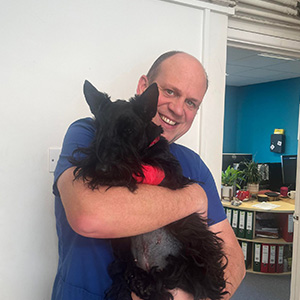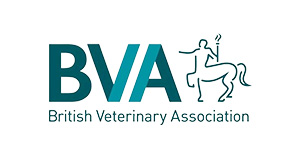Being firework Ready for your cat

On the night preparation
- Make a den for your pets to feel more secure – keep it available for the next few weeks.
- Once all your pets are inside, make sure all windows, doors and cat flaps are securely closed. This will reduce the chances of your pet bolting/running off.
- Provide extra litter trays for cats if they are not used to being confined to the house and ensure they are toilet trained in advance.
- Always keep cats and dogs inside the house when fireworks are being let off. Do not take your dog to a fireworks display!
- Pull the curtains and switch on the TV or radio to dull the noise from the fireworks.
- Try not to leave your pets by themselves while the fireworks are going off. Pets will be more relaxed when they have familiar faces around.
- Don’t force your pets to come to you, especially if they are in their hiding place or den.
- Don’t react to the fireworks yourself. Play with a toy and see if your pet wants to join in, but don’t force them.
- Ignore unusual behaviour, such as panting, shaking or whining, unless they come to you first for reassurance. Give them affection, but no more than usual. Pets will often pick up on their owner’s worry and overcompensating could make things worse.
- Provide distractions, for example new toys or treats.
- DO NOT punish or get frustrated with your pet! This will only make them more uneasy.
- Use recommended medications from your vets if required.
Long Term Management
In the long term, we recommend a Desensitisation programme, starting several months in advance. Done correctly, it normalises the scary sounds for your pet and means that they don’t react to the real thing.
Left unmanaged, these behaviours can get worse over time. It can also spread to a response to other unexpected loud noises such as door slamming or thunder.
Sound Desensitisation is one of the most effective methods available to produce long term positive results. The training is similar to programmes that police dogs and horses go through before being put into public work situations. It works by gradually exposing your pet to a tiny amount of sound and then increasing it slowly over time. It can be a long process, but it is worth it in the end.
Discover effective strategies to help your dog manage fireworks anxiety. Learn about safety measures, calming techniques, medications, and long-term desensitisation programs to ensure your pet’s comfort and well-being during firework season.
#fireworks #cat anxiety fear #fireworks safety #pet safety #calming techniques #medications #desensitization program #pet care
Related Articles
Caring for your pet as we do our own

At Shepton and Wells Vets, we understand what your pets mean to you, and so our Pets team aim to care for each and every one of them as we would do our own.
We care about your pet
Our primary focus is keeping them fit, happy and healthy with comprehensive and effective preventative healthcare, advice and treatment.
We care about you
We aim to communicate clearly and honestly with you, and discuss different treatment options so that you can make the right informed choices for you and your pet.
We care about clinical excellence
We take pride in providing a high level of medical and surgical care, working together as a team to do the very best we can for your pet.











